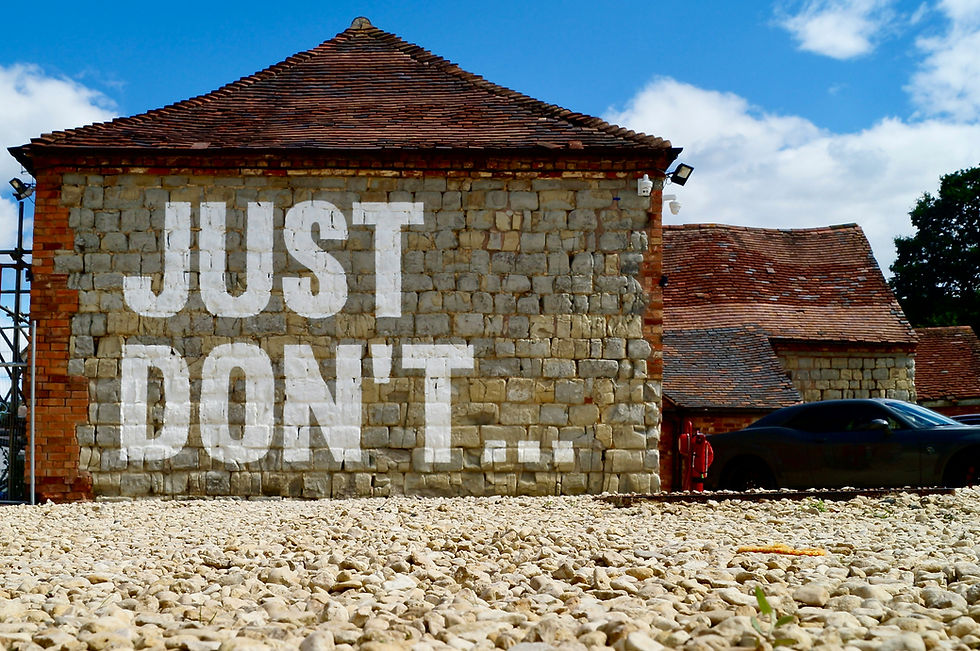Please Don’t Ask To Touch Her Hair
- Jessica Kiragu
- Nov 17, 2022
- 2 min read
Updated: Nov 18, 2022
Particularly, if you’re a strange adult she just met.

We’re grown. Can we have a grown people conversation real quick? Please, don’t ask my biracial kids if you can touch their hair. Especially, please don’t ask my friendly and thoughtful middle child.
Here’s why. She’s 9 years old and she’s respectful. You’re someone she doesn’t know and, like other grownups in her life, you’re one who she sees as a person in authority. Though she doesn’t like for people to touch her hair, most likely, she’s not going to say no.
I get it. Her hair is spectacular. It begs to be touched and appreciated. Your intent might be to let her know this about her lovely curls. This isn’t meant to make you feel badly about wanting to touch it.
This also isn’t a piece about how I need to help my young, biracial kids find their voice. They already have it and know how to use it. It isn’t about teaching her bodily autonomy or no means no. This is about power and an inappropriate question to a young person. Please, let’s not put the responsibility on the child.
Every time an unknown grownup asks my little one a question about touching her body, she’s taking in the message that it’s ok for people who are in a position over her, to ask things of her that they wouldn’t ask of other people. Each experience of an adult asking to touch her hair, is an older person putting her in a dilemma she doesn’t need or want to be in. It has an impact on her.
To my 9 year old, adults are people in positions of power. She is young - her brain is constantly taking in the world and daily she’s trying to figure out her place in it. She watches how things work and she knows that, typically, adults don’t go around asking other people if we can touch their hair. Like most kids, much of her time is dictated by adults and what we think is important or necessary. Her day to day wellbeing is dependent upon grown ups.
She’s incessantly learning how to adapt her ways of relating to grown people and how to navigate conversations and interactions with people who have control over her world. It’s unfair to ask this question of her. When a grown person asks to touch her body, they put her in a troubling, unnecessary, and, from her perspective, potentially precarious spot. My kind, well-meaning, and conscientious girl doesn’t see “no” as a benign response to this request.
Here’s a quick way to gauge whether it’s appropriate to ask if you can touch a child, how might you receive this question if it were asked of you by someone you perceived as having power over you? Would you ask a white adult if you can touch them in that same way? If the answer is no, then please, don’t ask it to a kid of any race.




Comments